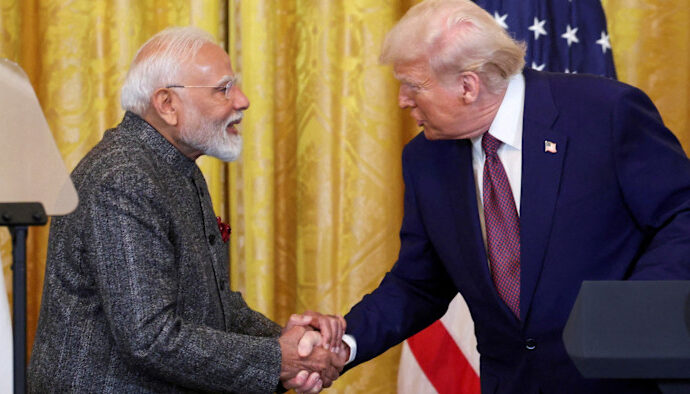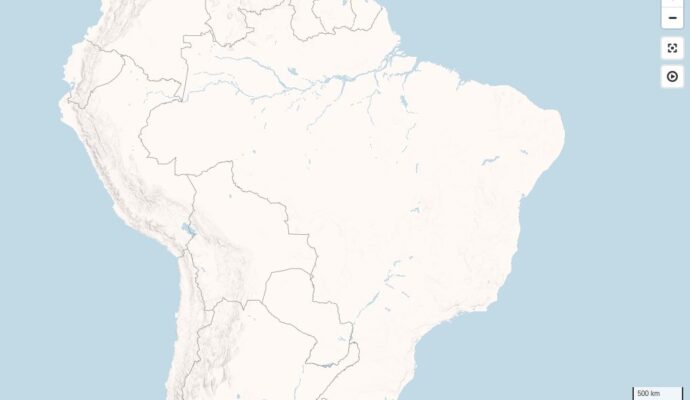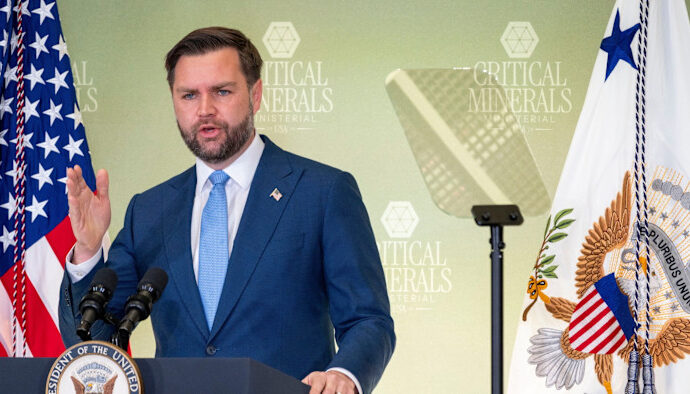Unlock the Editor’s Digest for free
Roula Khalaf, Editor of the FT, selects her favourite stories in this weekly newsletter.
South Korea’s new leftwing president, Lee Jae-myung, said his country faced a “tangled web of overlapping crises” as he was sworn into office on Wednesday after an emphatic election win.
In his inaugural address in Seoul, Lee vowed to overhaul what he said was an outdated and over-centralised model of development in Asia’s fourth-largest economy, which he blamed for fuelling inequality and polarisation.
Lee, 61, won an election on Tuesday, ending a political crisis sparked by then-president Yoon Suk Yeol’s brief declaration of martial law in December. South Korea’s equity markets rose on Wednesday to their highest level in 10 months.
Lee, whose alliance of leftwing parties also controls the national assembly, has promised a fiscal expansion and strategic investments in South Korean advanced manufacturing and artificial intelligence capabilities.
He is also expected to revive high-level talks with President Donald Trump’s administration in an effort to lift US tariffs and rescue a long-standing free trade agreement between the two countries.
But economists warn of deeper structural issues, including the declining competitiveness of South Korea’s leading conglomerates and a looming demographic crisis.
“Yoon’s martial law declaration and Trump’s tariffs have made things worse, but even without those external factors, we would still have fundamental problems,” said Park Sangin, professor of economics at Seoul National University.
The Bank of Korea last week slashed its growth forecast for 2025 from 1.5 per cent to 0.8 per cent. The South Korean economy contracted in the first quarter of this year amid a sharp slowdown in exports.
South Korean exports to the US declined last month by 8.1 per cent year on year, according to government data, while exports to China fell 8.4 per cent over the same period.
While Trump’s “reciprocal” 25 per cent tariffs on South Korea have been paused until July and may not survive legal challenges in the US, a 50 per cent tariff on steel and aluminium came into effect on Wednesday. The US president is also threatening tariffs on other key South Korean exports such as semiconductors and pharmaceuticals.
Lee said on the campaign trail that there was “no rush” to conclude a deal. But John Lee, an analyst at Seoul-based information service Korea Pro, said that while the new president had previously signalled a desire for more autonomy from Washington, it was not clear “where exactly South Korea’s leverage will come from”, especially given Seoul’s dependence on US security guarantees.
People close to the president’s inner circle have hinted at renewed South Korean interest in joining the Comprehensive and Progressive Agreement for Trans-Pacific Partnership (CPTPP), an Indo-Pacific trade bloc, as part of a wider trade diversification strategy.
CPTPP membership would also allow Seoul to enhance bilateral trade ties with Japan, a leading member of that pact.
Analysts note that some of the damage inflicted by Trump’s tariffs could be mitigated by the tens of billions of dollars South Korean companies have already invested in manufacturing facilities in the US.
Auto group Hyundai recently completed a $7.6bn electric vehicle plant in the state of Georgia, while its steel subsidiary is investing billions more to build a steel mill in Louisiana.
American pressure to move production to the US could divert investment away from South Korean factories already under pressure from surging Chinese competition, said Park, the Seoul National University professor. “Unless we undergo a radical restructuring of the Korean economy, we risk entire swaths of our south-eastern industrial heartlands turning to rustbelt,” he said.
South Korean policymakers have little economic room for manoeuvre, noted Korea Pro’s Lee. While government debt to GDP is relatively low by western standards, at 55 per cent, it is expected to balloon in the coming decades as a result of the demographic crunch.
The country also has one of the developed world’s highest levels of household debt, complicating efforts by monetary policymakers to stimulate growth.
For advocates of corporate reform, the key to growth lies in overhauling governance at the dominant conglomerates. Lee has encouraged investors with his promise to introduce a fiduciary duty to shareholders, widely seen as necessary to raise the chronically low valuations of listed South Korean companies.
“We are optimistic that meaningful reform is on the way,” said Albert Yong, managing partner at Petra Capital Management and a board member of the Korea Corporate Governance Forum.
But he acknowledged that corporate reforms seen as loosening the grip of the powerful families that control the country’s conglomerates are likely to face considerable pushback.
“The controlling shareholders know that greater accountability will eventually lead to serious questions about their role,” said Yong. “So if Lee really intends to introduce the principle of control being based on merit, then he will face strong resistance.”


